8 Grocery Chains with the Best Seafood Departments in America
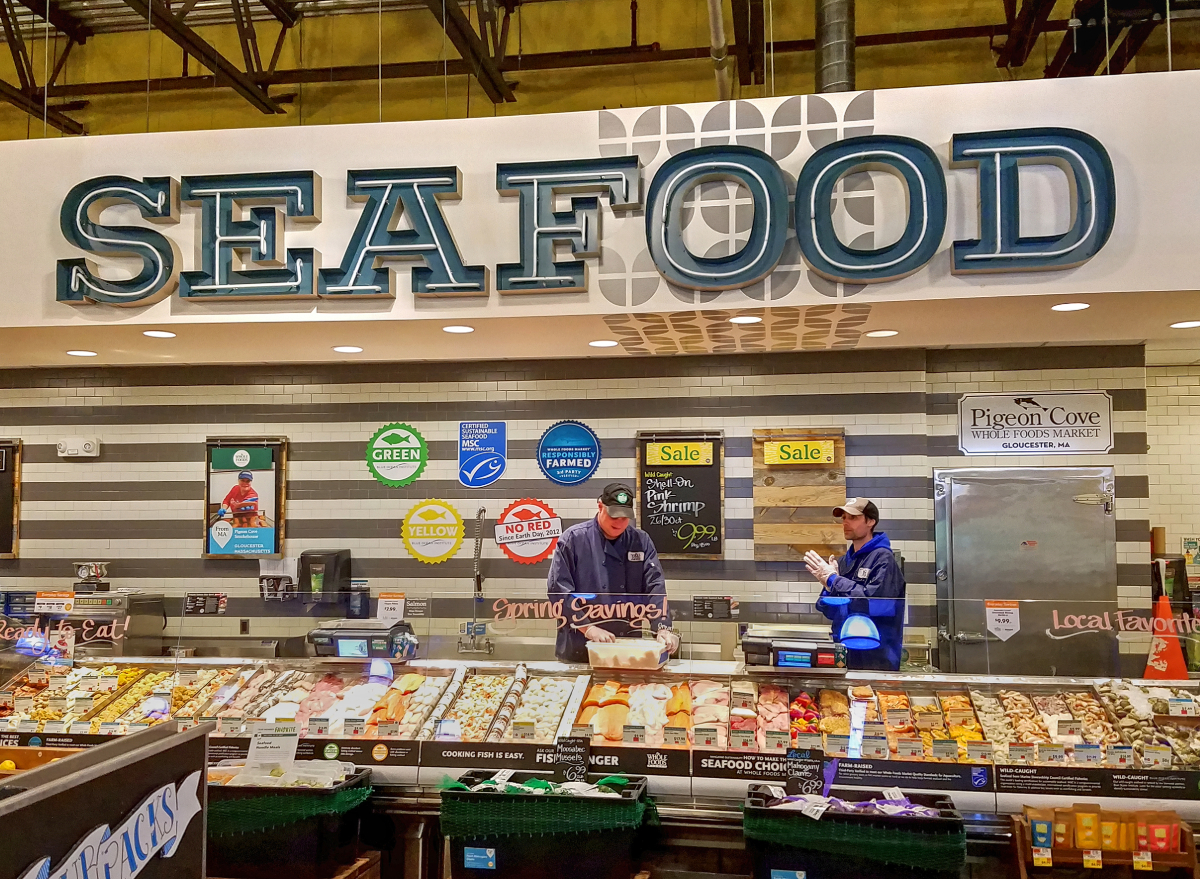
Eating fish offers many amazing benefits, but shoppers must consider numerous factors before preparing their seafood dinner. As they scan the counter (or even before they walk into the store), seafood fans consider freshness, affordability, quality, variety, and sourcing practices. However, not all seafood departments are equal; some lack these elements.
The best stores make a conscious effort to offer top-quality seafood by selling diverse options, maintaining high-quality standards, and prioritizing their commitment to sustainable practices. Some seafood departments will even prepare your fish for you, making the cooking process even easier.
Whether you're planning to bake salmon, steam clams, or fry some shrimp, there are several grocery store seafood departments you can count on. Here are some of the best ones.
The Best Grocery Chain Seafood Departments
Whole Foods
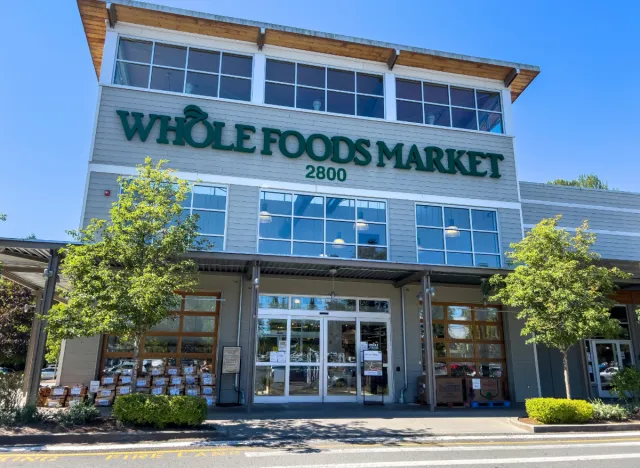
Whole Foods is celebrated for its high standards, and the seafood department is one area where these are particularly evident. Whole Foods notes on its website that all of its seafood is responsibly farmed or sustainably wild-caught. On top of that, the grocer doesn't sell cloned or genetically modified seafood and bans certain preservatives commonly used to treat seafood.
Beyond Whole Foods having strict requirements for its offerings, the store's fishmongers can help you in various ways, such as preparing your seafood for you. That means you can get your salmon cut and deboned at no extra cost. Some stores will even cook your fillets for you for a small fee. Or, if you plan to cook your own fish but are curious about the most optimal way to do it, your fishmonger can share insight on the best cooking methods.
That's not all though. You can also have your seafood special ordered, but it must be in season and meet Whole Foods' quality standards.
Wegmans
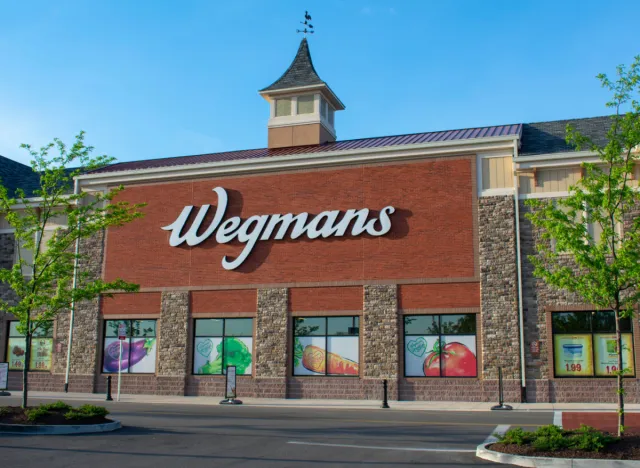
This popular Northeast supermarket chain doesn't cut corners when it comes to seafood. The grocer prides itself on its seafood sourcing policy, which emphasizes food safety, environmental impact, and social impact.
As stated on its website, Wegmans sources its seafood from fisheries, farms, and processors that are certified to the standards of the Global Sustainable Seafood Initiative (GSSI) and Sustainable Supply Chain Initiative (SSCI) or those "that follow similar responsible practices" related to environmental and social impact. Additionally, as part of Wegmans' commitment to freshness, the grocery chain uses facilities that are certified by the Global Food Safety Initiative (GFSI).
Outside of freshness and quality, shoppers can rely on Wegmans for plenty of variety. The regional grocery chain not only sells an array of raw fish and seafood, but it also boasts frozen choices and ready-to-cook meals, such as Gold Pan Shrimp Scampi and Teriyaki Black Pepper Salmon.
Wegmans' New York City store in Astor Place has an especially notable seafood department, as it's the only place in the U.S. that sources fresh seafood from Japan's famous Toyosu Fish Market.
Sprouts Farmers Market
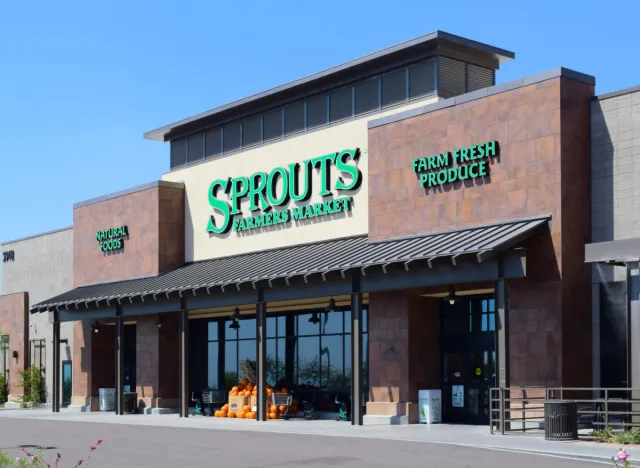
This national grocery chain, which is known for its fresh produce and bulk foods, offers plenty of enticing, responsibly sourced seafood options, from salmon and ahi tuna to shrimp and lobster. Even more, most Sprouts' locations sell fresh sushi for just $5 every single Wednesday.
As part of its commitment to offering responsibly sourced seafood, Sprouts' seafood comes from fisheries dedicated to protecting marine and freshwater ecosystems and fishery-dependent communities. If you'd like to work with the grocery chain, Sprouts requires suppliers to "undergo a rigorous process" to guarantee their practices "comply with requirements that have been established by international experts."
Additionally, the grocer focuses on fisheries or farm programs with specific rating labels from the Monterey Bay Aquarium's Seafood Watch. These include Best Choice, which is green, and Good Alternative, which is yellow. Sprouts also prioritizes those with specific certifications from organizations like the Marine Stewardship Council (MSC).
Hy-Vee
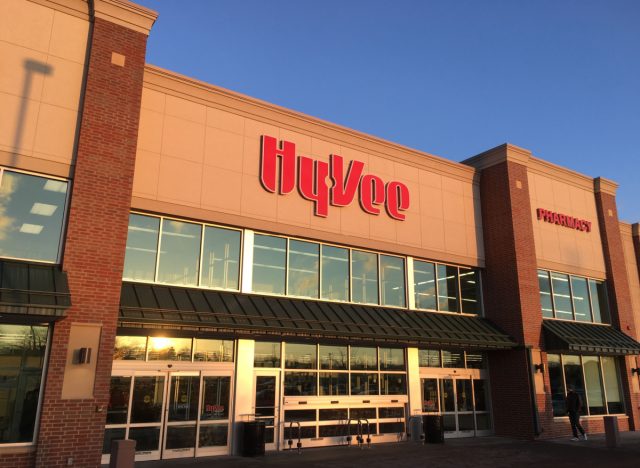
If you're from the Midwest, you're likely familiar with Hy-Vee, which has more than 240 stores across eight Midwestern states. If you're looking for some meal inspiration, the regional grocery chain has a Seafood Guide on its website, which houses an array of recipes and cooking tips.
The website also details how Hy-Vee sources its seafood, noting that it partnered with FishWise, a non-profit sustainable seafood consultancy, to create its seafood procurement policy. Products labeled with a "Responsible Choice" symbol meet Hy-Vee's policy.
Peruse Hy-Vee's website even further and you'll find a list of accolades tied to its responsible seafood sourcing. For instance, in 2017, the grocery earned the title of the first Midwest retailer to obtain all of its fresh and frozen seafood from environmentally responsible sources.
Kroger
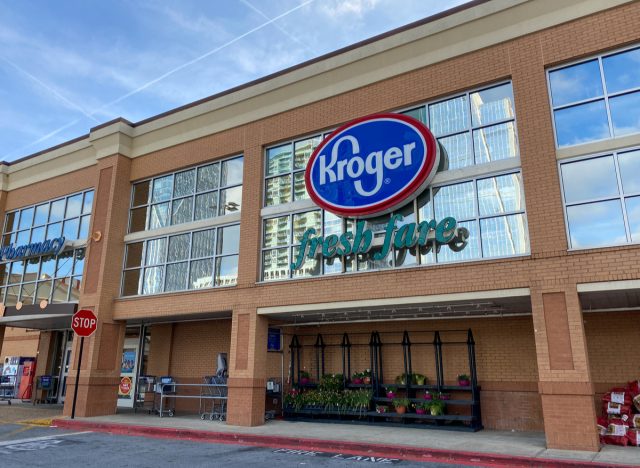
One of America's largest grocery chains has a seafood department with several appealing attributes. For instance, the retailer strives to make cooking even easier by allowing shoppers to pick out their fish, seasonings, and garnishes at the counter. Associates will then place these into an oven-ready bag for you, with all of this done for free. Just pair your fish with a couple of sides and you're all set!
In terms of sourcing practices, Kroger 's 2024 Environmental, Social & Governance Report says that it sources 96% of its wild-caught seafood and 98% of its farm-raised seafood from fisheries that meet the grocer's seafood sustainability requirements.
Albertsons
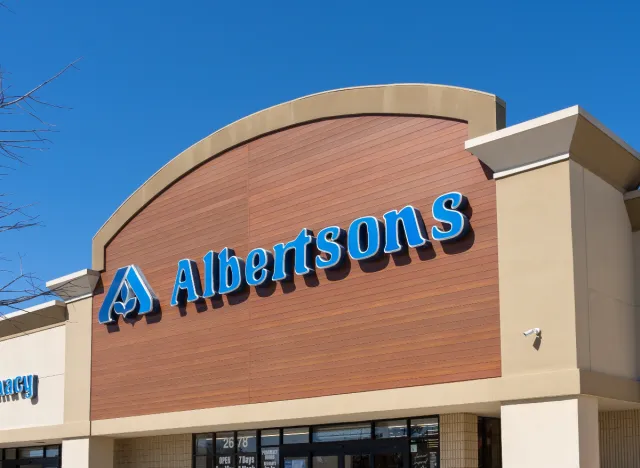
In an effort to provide high-quality, traceable seafood from responsible sources, Albertsons has its own Responsible Seafood Program, which includes policies and commitments for its fresh, frozen, and shelf-stable seafood in addition to its sushi.
The grocery chain's website notes that all of its seafood products sold under the Waterfront Bistro and Open Nature brands meet Albertsons' Responsible Seafood Policy. This also applies to the top five wild-caught and farmed-raised seafood categories used in the grocer's sushi, which include include eel, salmon, shrimp, surimi, and tuna.
Costco
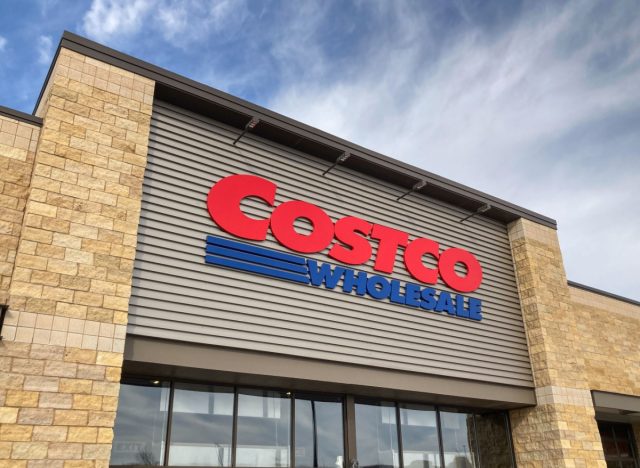
If you're looking to get the most bang for your buck, opting for a warehouse club like Costco could be an appealing choice. Need to feed a large crowd for an event? You can choose from plenty of bulk options in-warehouse, while the retailer's website also lists a variety of group-friendly offerings. Some online-only examples include 10-pound cases of of ahi tuna and 12-count packages of lobster tails.
In terms of sustainability, Costco says its Kirkland Signature-brand wild seafood is sourced from MSC-certified fisheries and its farmed seafood comes from similarly ASC-certified sources.
H-E-B
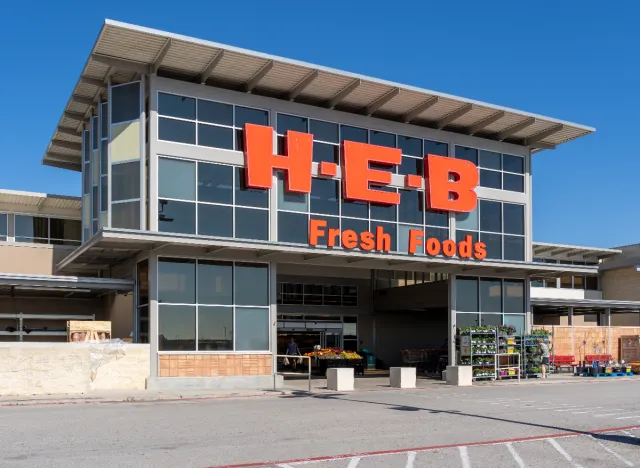
When it comes to seafood, H-E-B is a grocery chain that many shoppers trust. In fact, the Texas-based supermarket chain took the number one spot in the fresh seafood category of BrandSpark International's Most Trusted Grocery Retailers in America study in 2023.
In addition to offering raw options, H-E-B makes mealtime especially easy by offering packaged, ready-to-cook seafood entrées, such as steakhouse-seasoned salmon with green beans and potatoes and lobster mac and cheese.
At H-E-B, customers can purchase sustainably sourced seafood that the grocer procures from suppliers dedicated to protecting the health of oceans, lakes, and rivers, according to the supermarket's corporate website. H-E-B also notes that it emphasizes "traceable, transparent supply chains, high environmental standards, and social accountability" by partnering with organizations like the Environmental Defense Fund and Global Seafood Alliance.









